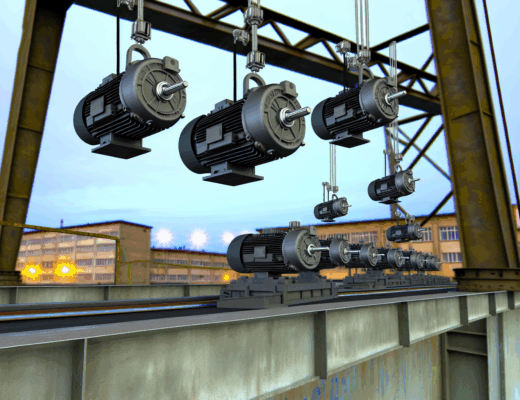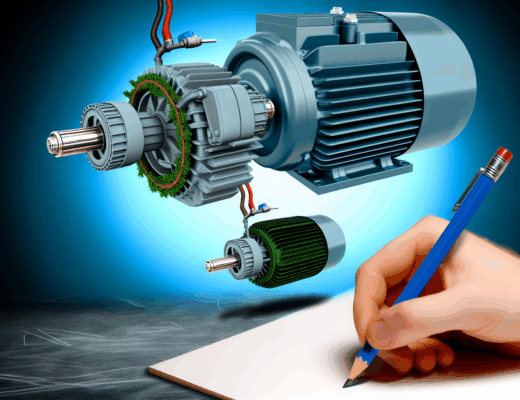Electric motors have become a driving force in various applications, from household appliances to industrial machinery. Their efficiency and versatility make them essential components in everyday technology. Understanding the basic principles behind electric motors can help individuals appreciate their importance and impact on the modern world.
Understanding the Basics of Electric Motors
At their core, electric motors convert electrical energy into mechanical energy through electromagnetic interactions. This process involves a stator, rotor, and the magnetic fields generated to create motion. Different types of electric motors, such as AC, DC, and stepper motors, offer unique advantages depending on the application. For instance, AC motors are widely preferred for their efficiency in high-power applications, while DC motors are known for their precise control.
Advancements in technology have further broadened the horizons of electric motors, enhancing their efficiency and application range. Recent developments, including the integration of smart technology and the move towards renewable energy, have led to the design of motors that are not only more powerful but also environmentally friendly. These innovations contribute to sustainable practices in various sectors, from manufacturing to transportation.
In conclusion, electric motors play a crucial role in powering the future of technology and industry. They are indispensable in elevating everyday functions and supporting complex tasks across diverse fields. If you’re interested in exploring high-quality electric motors tailored to your specific needs, check out electric motors at VYBO Electric. Explore our cutting-edge solutions today: VYBO Electric.




